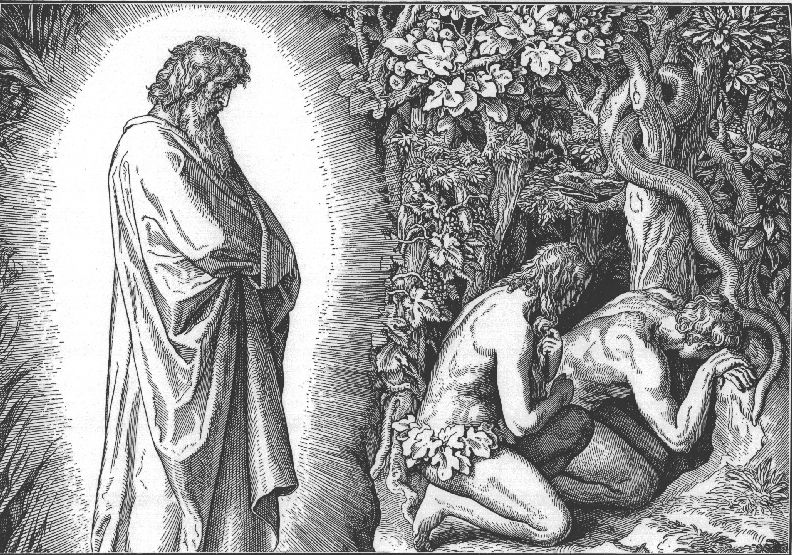You wake up in the morning and pick a shirt—maybe the blue shirt, maybe the red one. The choice is minor and the consequences will be subtle. Maybe a coworker treats you slightly differently because of what the color says about your mood.
Or you wake up in the morning and decide which job you are going to take. That is a serious choice with serious consequences.
Meaningful choice (also called agency) is part of our basic experience. Trying to think philosophically about choice can be harder, but the reality of it isn’t hard.
What is meaningful choice?
I just read two general conference talks about agency and the Garden of Eden: Where Art Thou? by Brother Tanner, and the Nobility of Man in Choosing Good over Evil, by Brother Dyer. They clarified the elements of agency. The elements are
- The ability to choose
- The ability to act
- Options for action
- Lasting consequences for those actions
- Some understanding of the options and the consequences
- Choosing to act
- Accepting responsibility for the consequences
The last element was the one I had the least idea of. Brother Tanner’s talk, in particular, helped me to see that it mattered.
Accepting Responsibility in the Garden of Eden
Brother Tanner points to the aftermath of the transgression. Adam and Eve had a further choice to make after eating the fruit, and they chose to hide. They chose to try to avoid the consequences of their actions.
When God said “Where art thou?” he knew where Adam was. With his omniscience he knew what had taken place, but he was calling Adam to consider the seriousness of his actions and to report to him. But Adam had hidden himself because he was ashamed.
Then, when face to face with God, Adam and Eve tried to shift responsibility.
“And he said, Who told thee that thou wast naked? Hast thou eaten of the tree, whereof I commanded thee that thou shouldest not eat?”
Adam, as we all are inclined to do, tried to blame someone else, and replied:
“… The woman whom thou gavest to be with me, she gave me of the tree, and I did eat.”
And Eve said: “… The serpent [meaning Satan] beguiled me, and I did eat.” (Gen. 3:9–13.)
These are significant episodes. While still in the Garden, Adam and Eve tried to avoid the consequences of their decision, Later, of course, after they were expelled, they came to accept the justice of the consequences and even to see them as necessary and desirable. Part of their transition from the Edenic world of limited agency to the mortal world of free agency was accepting responsibility for their actions and their consequences.
The Importance of Accepting Responsibility
If Adam and Eve had not accepted responsibility, they would have rejected their own exercise of agency. They would have denied that their own choice was, or should have been, meaningful. In other words, rejecting responsibility for the consequences is really a rejection of the agency itself.
No choice is complete until we have experienced the consequences and chosen to accept them. The Nephites who insisted that their wickedness should lead to happiness and refused to accept the reality that it had not, were not free. Their rejection of responsibility enthralled them to Satan.
Repentance is the Key
Repentance is the main way that we come to accept our bad choices. Taking responsibility is part of the repentance process. Indeed, no one is truly penitent who continues to hold on to blame and to point fingers (even if, as with Adam and Eve, there is blame to share). But conversely, no one has truly come to terms with their prior bad choices until they have faced up to them, which is only possible through repentance.
Too often we think that agency is just about the moment of choice. But full agency includes the consequences of that choice and how we react to the consequences.
I humbly pray that we may have the wisdom, knowledge, desire, courage, and strength to overcome and repent.
-thus Elder Tanner
Continue reading at the original source →





